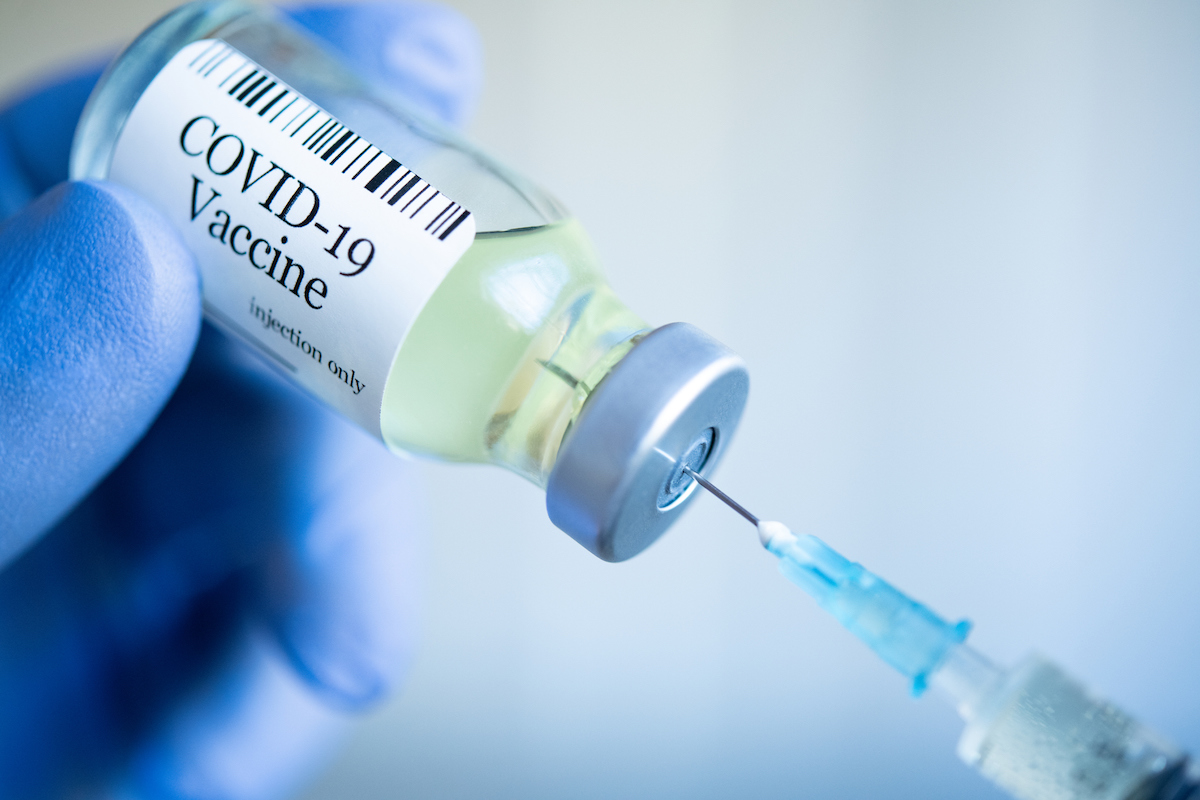<< Back
Vax to The Max: Meet Sputnik V, Sinovac and other COVID-19 Vaccines

March 04, 2021
The United States now has the Big Three COVID-19 vaccines. Johnson & Johnson’s vaccine, newly approved for emergency use by the Food and Drug Administration, joins vaccines from Pfizer-BioNTech and Moderna.
J&J’s one-dose inoculation had a 72 percent overall efficacy rate in clinical trials, which means participants who received the vaccine had a 72 percent lower risk of getting COVID than people in the control group who were not vaccinated. The two-dose Pfizer-BioNTech and Moderna vaccines, the first to use messenger RNA (mRNA) technology, were about 95 percent effective in preventing illness, including severe cases. (A vaccine must provide at least a 50 percent protection rate to be considered effective.)
“These vaccines, looking at the trials and the millions of people who have gotten the Pfizer and Moderna vaccines so far, have a very similar component,” said Keith Grant, Senior System Director for Infection Prevention at Hartford HealthCare, as the first doses of the Johnson & Johnson to arrive at the healthcare system were administered during a recent media event. “They’re safe, they’re effective and specifically effective in preventing severe illness, preventing (Intensive Care Unit) admission and definitely preventing death.”
But what about the rest of the world? Here’s a look at four other vaccines:
Sputnik V (Russia)
Russia health officials did something that would never happen in the United States: They approved a COVID-19 vaccine for use last August before even beginning Phase III trials, announcing an efficacy rate of 92 percent after the second dose. In late November, using fresh preliminary data, it claimed 95 percent efficacy. Three weeks later, they reported 91.4 percent efficacy.
Turns out these were in-the-ballpark figure based on data published by The Lancet that revealed 91.6 efficacy in Phase III trials against the virus’ original strain. And Sputnik V is the world’s first register COVID-19 vaccine.
Vaccine technology: Adenovirus. Gamaleya Research Institute, part of Russia’s Ministry of Health, Like developers of the Johnson & Johnson vaccine, it added the gene for the coronavirus spike protein to a kind of virus that causes the common cold. These engineered adenoviruses invade cells but do not replicate, preparing the immune system to respond to an actual COVID-19 infection.
Efficacy: 91.4 percent
Doses: 2
Sinovac Biotech (China)
This vaccine, which uses an inactivated SARS-CoV-2 virus (which causes COVID-19), proved inconsistent in trials, with efficacy as low as 50.38 percent in late-stage clinical trials in Brazil in January to 65 percent in an Indonesian trial with only 1,620 participants and 91.25 percent in Turkey in December. More recently, another trial in Brazil reported 78 percent efficacy in mild cases and 100 percent against moderate and severe infections. China approved it for use by the general public in early February.
Vaccine technology: Inactivated SARS-CoV-2 virus.
Efficacy: Trial results vary from 50.38 percent to 91.25 percent.
Doses: 2
CanSino Biologics (China)
This partnership between the Tianjin biotech company and the Chinese military proved 65.7 percent effective against symptomatic COVID-19 based on a multi-country analysis initially posted to Twitter by Faisal Sultan, Pakistan’s health advisor. in early February. The 30,000-participant Phase III trial was also 90.98 percent effective in preventing severe disease.
(Note: China also has two more vaccines conditionally approved vaccines from state-owned Sinopharm.)
Vaccine technology: Viral vector (an antigen from the SARS-COV-2 virus loaded onto an adenovirus).
Efficacy: 65.7 percent (90.98 percent vs. severe disease).
Doses: 1.
Oxford-AstraZeneca (United Kingdom)
Vaccitech, associated with Oxford (England) University, developed technology that uses a genetically modified common-cold virus (adenovirus) that usually infects chimpanzees. With this technology, the AstraZeneca vaccine produces the spike protein in human cells that prompts an immune-system attacks of the virus that causes COVID-19.
It’s uncertain when this vaccine will receive emergency use authorization in the United States, but the federal government already has 60 million doses ready.
Type: Adenovirus-vectored.
Efficacy: up to 90 percent (trials in the United Kingdom and Brazil).
Doses: 2.